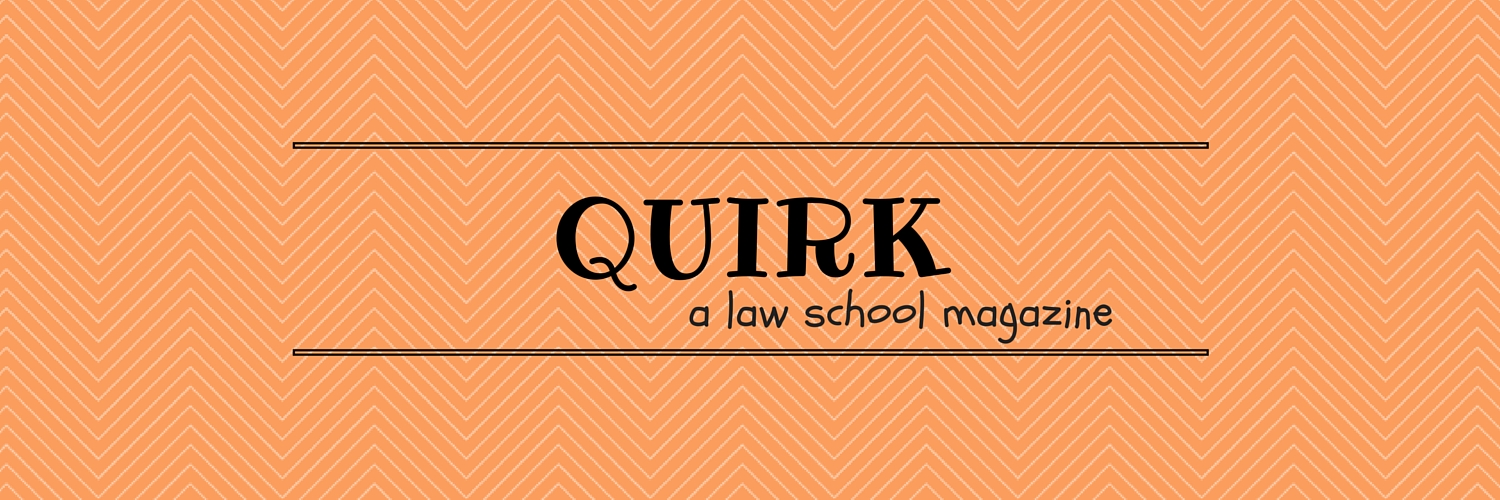“Can we guess what your sexual orientation is, based on your choice of acethetic things?”
This article has been written by Anonymous. Cover artwork by Lakshmi Nambiar (Batch of 2023).
Hello there! Have you, like seemingly everyone else in this lockdown, been constantly horny? Do you dream of the day when you can free yourself from the shackles of social distancing and tear off the clothes of your lover/ (boring-but-they’re-kinda-cute-so-you’ll-roll-with-it) Tinder match/ partner (that you were going to break up with but now you really need physical intimacy so fuck it)? Has PornHub sent you a notice saying that it’s a little concerned for your reproductive health and ability to bear children in the future? Well, boy oh boy, this is not the article for you then.
For some time now, I’ve been questioning what my sexuality is – specifically, whether I’m asexual. It started when I realised that I have simply never had the need nor desire to initiate sexual relations, but was complicated by the fact that I had been in those experiences before. But a liking for sexual activity? Unsure. And crushes on people? Hardly ever. This was only further complicated by NLS’ libidinous community, and friends constantly talking about their dating lives and sexual liaisons. It’s not like I’m feigning interest during conversations on the subject, I genuinely enjoy participating in the conversation. But the activity itself is just not for me … or so I think? It also doesn’t really help that random statistics online say that men think about sex at least 20 times a day and women about 10 times. 20 times? Seriously?!

Basically me right now.
Like any good little heterosexual kid I’ve done whatever newly (sexually) liberated NLS people do, but my experiences have been limited. This is part of the issue itself! Maybe I think I’m asexual because I haven’t had many sexual experiences? But do I not seek out more sexual experiences because I find NLS people ew? Or do I not seek them out because I’m not interested in the experience? Am I not interested in the experience because I haven’t had enough of it [or – gasp – were my partners simply bad at it?] Or have I not had enough of it because I’m not interested in it? So many questions but so few answers!
People who begin to question their sexuality typically have three options – they can take inspiration from media representation, they can learn off the Internet, and they can speak to members of the LGBTQIA+ community.
Let’s start with option 1. Step right up all those movie/TV characters who identify as asexual, I’ve got a thing or two I’d like to learn! *crickets chirp* Anyone? Anyone?! Wait, isn’t Jughead supposed to be asexual? *turns on Riverdale, sees Jughead making out with Betty* Okay, never mind. A quick Google search turns up FUCKING SPONGEBOB – an actual SEA SPONGE. Wonderful. Now the second season of Sex Education recently did a great job of showing how out of place an asexual character might feel in a sexually charged and prurient atmosphere, *cough NLS, anyone? cough*, but the issue I still find here is how asexuality is only explored in its extreme – the complete lack of sexual attraction in itself, and also without really exploring the process of the person questioning where their sexuality stands, unlike the arcs we’ve now started seeing for other LGBTQIA+ characters in the media.
Okay, on to option 2 then. There’s a multitude of definitions I’ve found on the Internet. Google hit 1 – “Asexuality is the lack of sexual attraction to others, or low or absent interest in or desire for sexual activity” (okay, I could roll with this). Google hit 2 – “An asexual is someone who is not sexually attracted to a specific person” (umm this is slightly different from the previous link, slightly confused at this). Google hit 3 – “Asexuals don’t experience sexual attraction” (ummm highly confused at this point). Wait, but first, what is sexual attraction? Is it merely the desire to have sex with another person? WAIT. But what is sex? Is it defined as P/V intercourse alone? So many questions, but so few answers! Evidently, you can see why the Internet still leaves me confused.
Finally, option 3, approaching the LGBTQIA+ community. Now I suppose I could do that, but it feels wrong asking these questions when for all purposes I’m still heterosexual presenting – like look at this seemingly bored little kid who hasn’t gotten any during the lockdown and so starts questioning their sexuality. Additionally, it often doesn’t feel like Pride or LGBTQIA+ awareness is expected to encompass asexuals as much (yes, I know that the A in LGBTQIA+ doesn’t stand for “ally”), simply because the struggles involved are so vastly different. I suppose that’s also fair because it’s not like there are any rights I can’t avail of, or privileges asexuals are being robbed of simply on the basis of their sexuality alone (save for maybe consummation being essential for a marriage being considered as valid). There’s no real “coming out” struggle that I have to go through with my friends and parents (though any conversation with my parents would still be a nightmare – “Hey mom and dad, I’m asexual, that means I have little to no sexual attraction to anyone” “Wait but how do you know what sex is in the first place?” *eyes narrow*). But I’m aware that these issues are mostly in my head and, one day, I suppose I will take this step of reaching out.
I’m currently in no hurry to label what my sexuality might be, and so I haven’t told anyone I know of my musings yet. But just learning that there are asexual persons out there in college through Quirk’s Pride series has given me some comfort, and spurred me on to write this. Godspeed you all!

